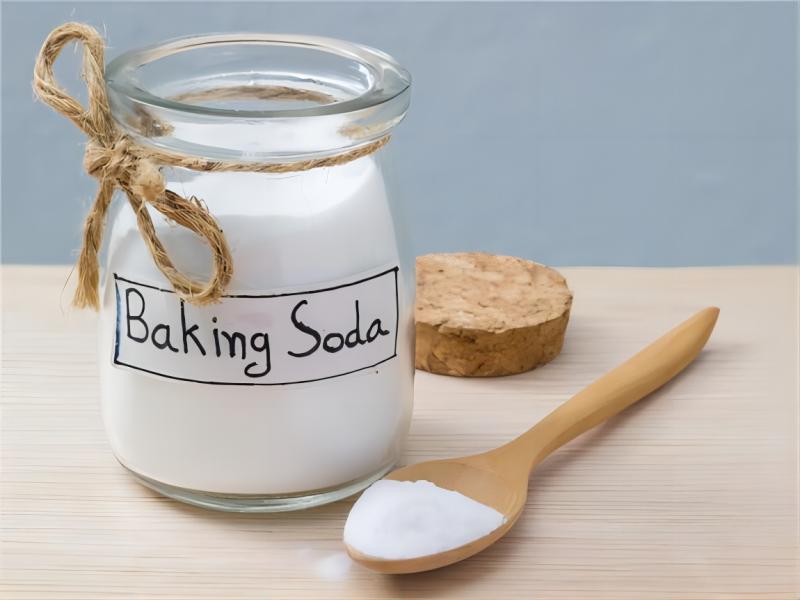Sodium bicarbonate, also known as baking soda or sodium hydrogen carbonate, is a common ingredient in a wide range of household products and culinary dishes. Its versatility and effectiveness make it a popular choice for many people around the world.
One of the most well-known uses of food additive sodium bicarbonate is in baking. It is often used to make cakes, cookies, and breads rise and become fluffy. This is because sodium bicarbonate reacts with carbon dioxide gas produced by yeast during fermentation, which causes the batter to expand and create air pockets within the dough.
In addition to its use in baking, industrial cleaner sodium bicarbonate is also commonly used as a buffering agent in many cleaning products. When mixed with water, sodium bicarbonate creates a mild abrasive that can help remove stains and grime from surfaces such as countertops, sinks, and toilets.

Another use for sodium bicarbonate is as a dietary supplement. Many people take sodium bicarbonate tablets or powders to improve digestion and alkalinity in their bodies. Sodium bicarbonate is believed to help balance the pH levels in the body, which can lead to improved health outcomes.
Despite its popularity, it's important to note that sodium bicarbonate should be used with caution. High doses of sodium bicarbonate can cause digestive issues such as bloating, diarrhea, and stomach pain. Additionally, some people may be allergic to sodium bicarbonate or have other medical conditions that make it unsafe for them to use this ingredient.
Overall, sodium bicarbonate is a versatile and effective ingredient that has many uses in both household products and culinary dishes. As long as it is used responsibly and under the guidance of a healthcare professional, it can be a valuable addition to any recipe or cleaning routine.